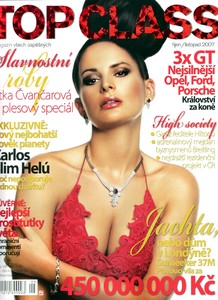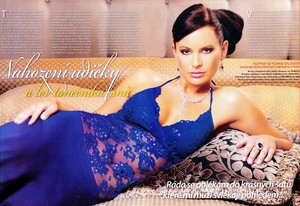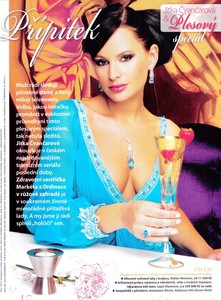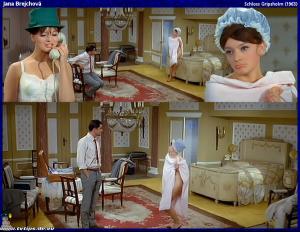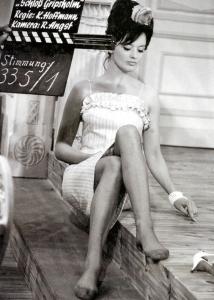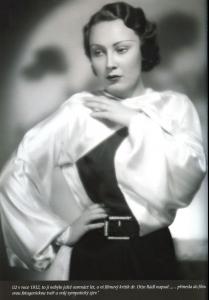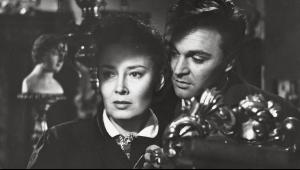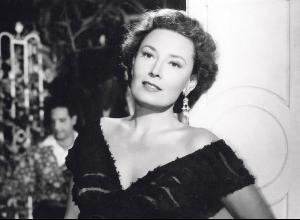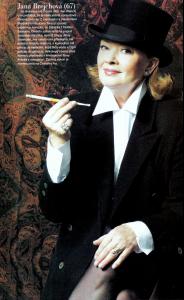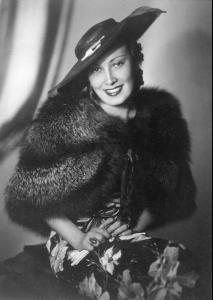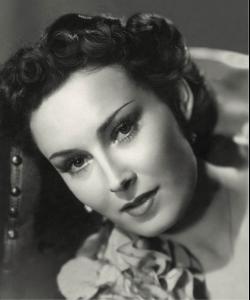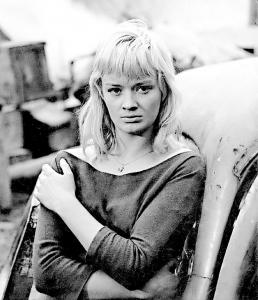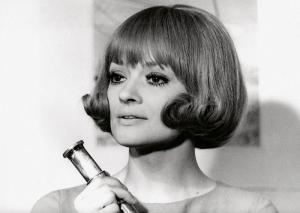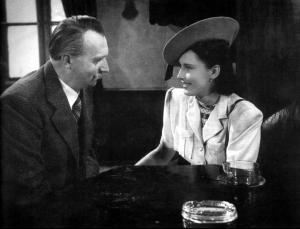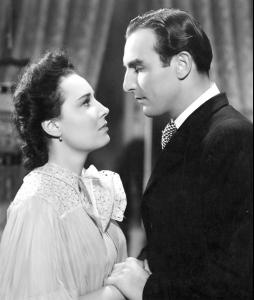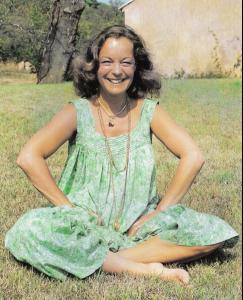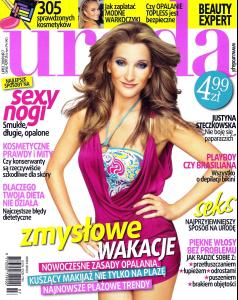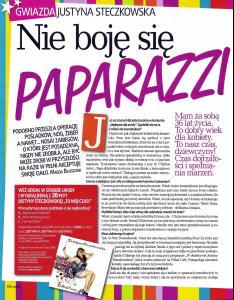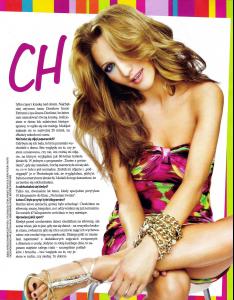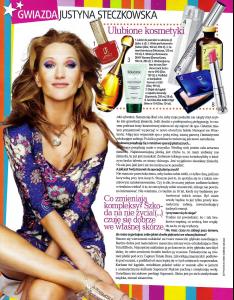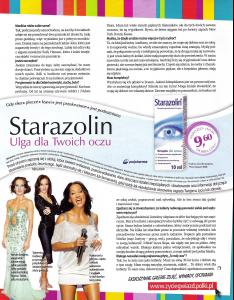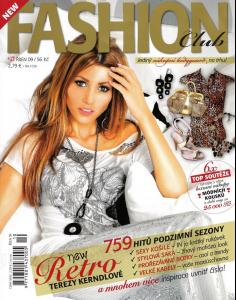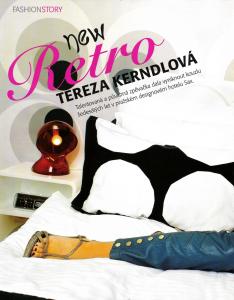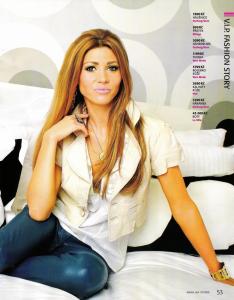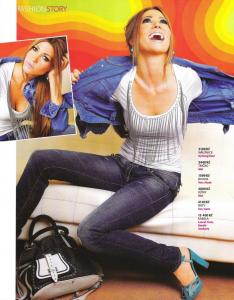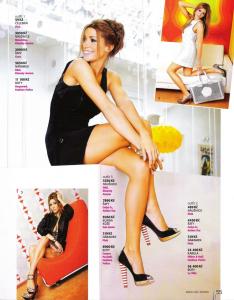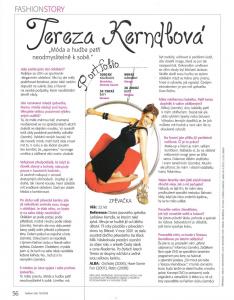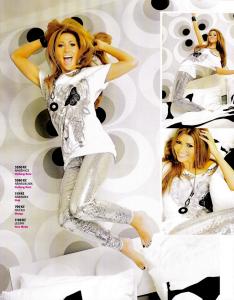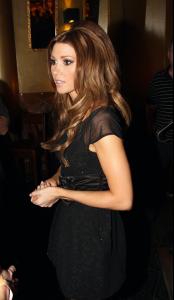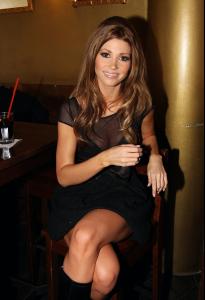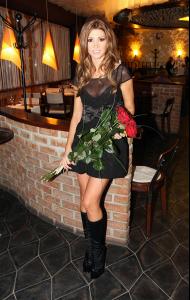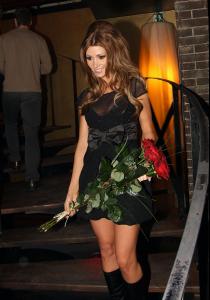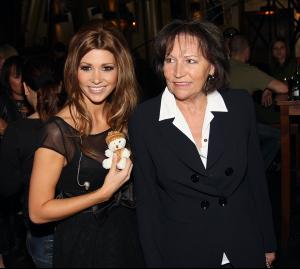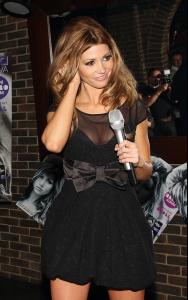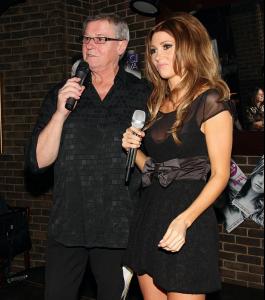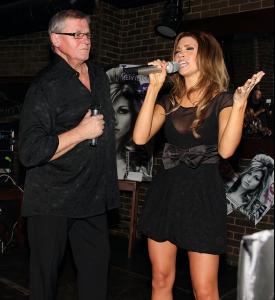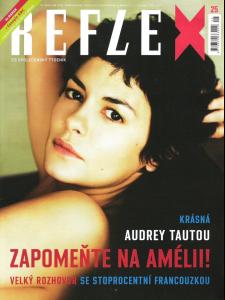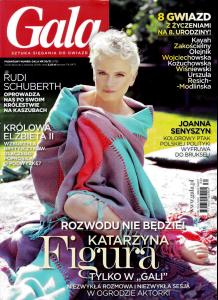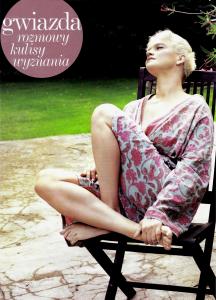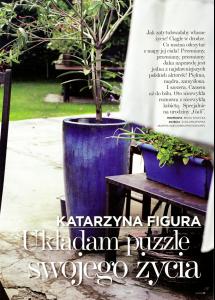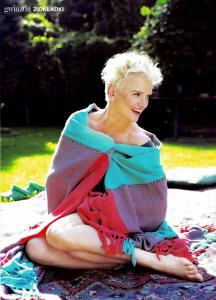Jana Brejchová is the greatest czech film star.
Her career was launched with the role of Pídalka in Jiri Sequens’s film Oloveny chleb (Bread made of Lead) when she was a schoolgirl discovered by Ladislav Helge. She returned in front of the camera three years later in film Vina Vladimira Olmera (Vladimír Olmer’s Guilt) and after several other roles shined as the greatest talent of late 1950s Czech cinema in Weiss’s adaptation of the novel Vlci jáma (The Wolf Trap, 1957). She became the most frequently cast actress of her generation and enjoyed acclaim at all domestic and international film festivals. She was lucky to have worked with directors who gave her opportunities and were able to guide her. However, were it not for her aptitude, talent and humility, she would have hardly been proclaimed the country’s Actress of the Year in 1958. Two years later she received the Silver Sail in Locarno for her performance in Krejcik‘s Vyssi princip (Higher Principle )and again became the country’s Actress of the Year.
Of the directors with whom she enjoyed working the most, she particularly recalls Jiri Krejcik, Vojtech Jasny, Evald Schorm and Zdenek Podskalsky. Over the years she has performed in all sorts of film genres - as is evinced by movies such as Baron Prasil (The Fabulous Baron Munchausen, director Karel Zeman, 1961), Kazdy den odvahu (Courage for Every Day, director Evald Schorm, 1964), Kdyby tisic klarinetu (If a Thousand Clarinets, directors Vladimír Svitacek, Jan Rohac, 1964), Navrat ztraceneho syna (Return of the Prodigal Son, director Evald Schorm, 1966), Zenu ani kvetinou neuhodis (Never Strike a Woman... Even with a Flower, director Zdenek Podskalsky, 1966), Noc nevesty (The Holy Night, director Karel Kachyna, 1967), Fararuv konec (End of a Priest, director Evald Schorm, 1969), Zabil jsem Einsteina, panove (I Killed Einstein, Gentlemen… director Oldrich Lipsky, 1969), Dabelske libanky (Devilish Honeymoon, director Zdenek Podskalsky, 1970), Luk kralovny Dorotky (The Bow of Queen Dorothy, director Jan Schmidt, 1970), Noc na Karlstejne (Night at Karlstein, director Zdenek Podskalsky, 1973) or Hodime se k sobe, milacku? (Do We Match Together, Darling? director Petr Schulhoff, 1974).
Following her outstanding performance of the role of Edita in the motion picture adaptation of Paral’s novel Mlady muz a bila velryba (The Young Man and Moby Dick, director Jaromil Jires, 1978), she has played mature women in numerous other films. Director Jiri Svoboda gave her the opportunity to play similar roles in the television film Jehla (Needle, 1982), as well as on the silver screen in films such as Schuzka se stiny (Encounter with the Shadows, 1982), Zanik samoty Berhof (End of the Lonely Farm Berghof, 1983) or Skalpel, prosim (Scalpel, Please, 1985).
Jiri Svoboda was not the only one to admire her courage to show her aging face without of makeup. Other directors who took advantage of this courage include Evald Schorm – who cast her in his film Vlastne se nic nestalo (Killing with Kindness, 1988) – or Vladimir Drha who gave her roles in the films Citliva mista (Sensitive Places, 1987) and Poceti meho mladsiho bratra (The Conception of My Younger Brother, 2000).
In the early 1970s she also began performing on the theatre stage. It is no secret that her offstage partners included the now world-renowned director Milos Forman, the German actor Ulrich Thein and Czech actors Vlastimil Brodsky, Jaromir Hanzlik and Jiri Zahajsky. Her daughter Tereza, whom she had with her then husband Vlastimil Brodsky, has successfully followed in her mother’s footsteps and the two have played together in the films Citliva mista and Vlastne se nic nestalo.
The impact that Jana Brejchova has made on Czech cinema and on Czech audiences cannot be undone, her face is unmistakable and her performances inimitably distinctive.
